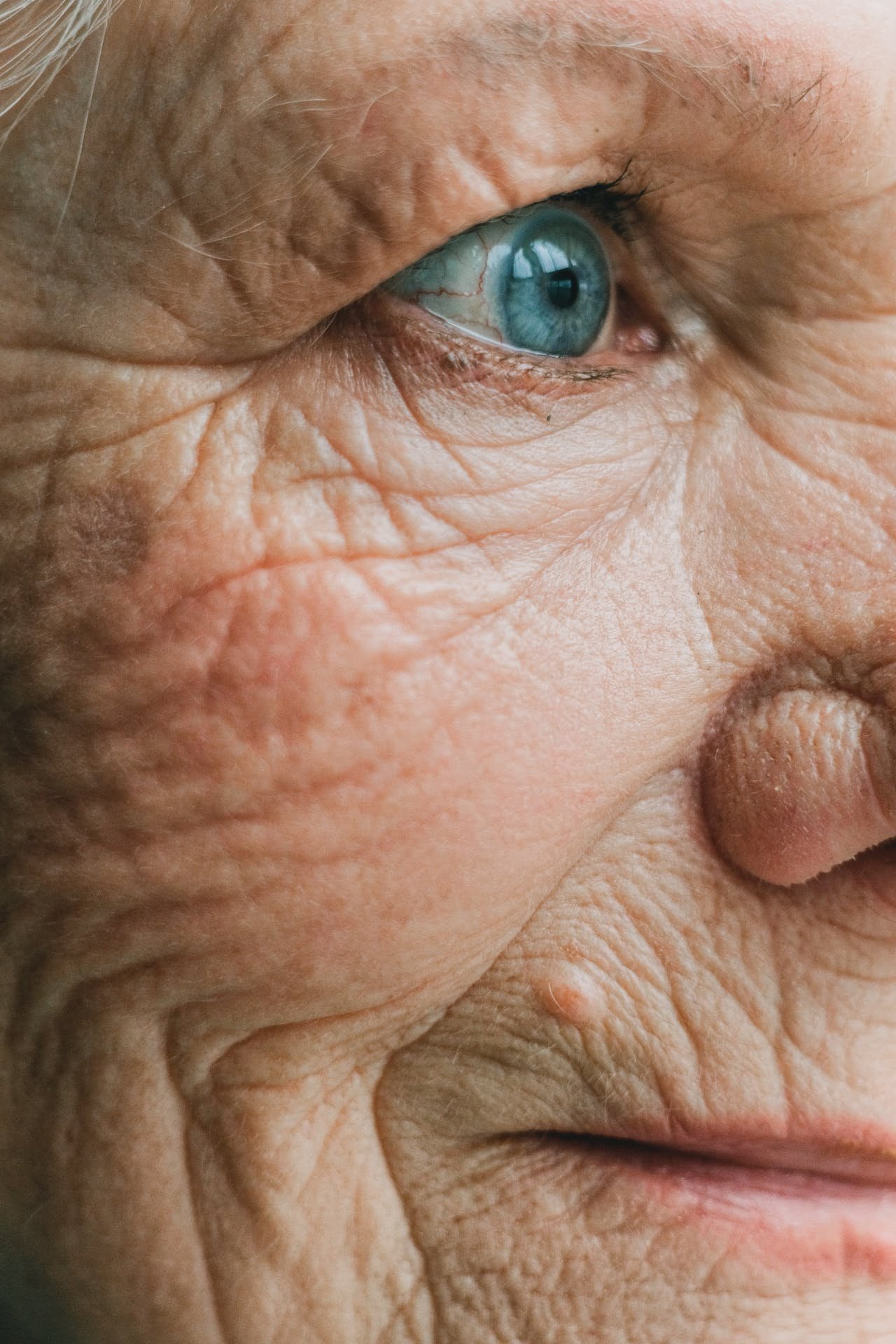#16: Rethinking Female Hormones: A Journey of Empowerment and Reflection
In our dominant culture, the narrative surrounding female hormones has often been steeped in shame and taboos, sometimes even perceived as a burden.
Medical perspectives have made attempts to empower women by providing clarity within a medicalised context, offering relief through defined and limiting parameters. However, a cultural shift is underway, where we are witnessing a return to a more traditional, matriarchal perspective.
A New Perspective on Hormones
This shift invites us to ask some fundamental questions to inspire a fresh dialogue. What if we viewed the hormonal spikes in a woman's life as opportunities? What if we saw them as a powerful tool that highlights areas in our lives that require change and growth for our prosperity? Whether it's during menstruation, pregnancy, or menopause, these moments offer us a chance to delve into our inner depths, to reflect on what internal experiences may be causing friction, unease, or anger. Instead of shaming, ignoring, or dismissing the wisdom of our bodies, we can harness this knowledge to evolve into our authentic selves and create lives that truly reflect who we are. But most importantly to connect to and offer the world what it needs.
Finding Value in Emotions
In the dominant culture, women often face criticism, mockery, or belittling of their intense emotions during pregnancy and menopause. The value of these emotions is frequently overlooked and misunderstood. However, in a matriarchal society, the reflections and insights offered by women during these transformative times are considered integral to the collective's wellbeing. A mother's instincts guide her thoughts and decisions to create the best environment for her child, family, and community. The transformative process of pregnancy prompts mothers to address various aspects of their lives, such as relationship dynamics, environment, and financial circumstances. This is a crucial part of the life transition, where mothers prepare their surroundings for their child's arrival.
What if we viewed the hormonal spikes in a woman's life as opportunities? What if we saw them as a powerful tool that highlights areas in our lives that require change and growth for our prosperity?
Signalling the Need for Support
When a woman's body, mind, or spirit doesn't receive support during these transitions, it consciously signals to the external world that attention is needed. This can manifest as mental health symptoms, extreme fatigue, "pre-natal depression", or skin conditions, often treated solely within a medicalised framework.
So, we must ask ourselves once more: What if we recognised the expression of female hormones as a force of nature, a superpower for the wellbeing of children, families, communities, and the Earth? What if we listened to the stories and reflections of hormonal women, understanding that they are neither funny nor uncomfortable, but entirely necessary?
Celebrating the Power of Hormones
In truth, female hormones are the most natural and powerful aspect of our humanity. Over time, societal perceptions have shifted, leading to disempowerment of the female body. For a comprehensive understanding of this transformation, Jane Hardwick-Collings’ remarkable book, 'Herstory,' provides an insightful historical perspective.
These ideas and reflections have been inspired by the wisdom and knowledge of many remarkable women, and I wish to express my gratitude and acknowledge my teachers and mentors: Jane Hardwick-Collings, Aimee Aroha, and Dr. Rachel Reed.
In conclusion, I believe it's high time we reframe our perspective on female hormones and appreciate the invaluable insights they offer. These natural processes are not weaknesses but rather profound sources of strength, guidance, and empowerment for women and, by extension, society as a whole.
Prompts and Questions
Why should we rethink the narrative surrounding female hormones? Rethinking the narrative is crucial because the dominant culture has often stigmatised female hormones, leading to shame and misunderstandings. It's time for a more empowering and positive perspective.
What is the cultural shift discussed in the text, and how does it impact women? The cultural shift involves returning to a more traditional, matriarchal perspective on female hormones. This shift empowers women by encouraging them to view hormonal changes as opportunities for growth and personal reflection.
How can women harness the knowledge of their bodies during hormonal transitions? Instead of shaming or ignoring their body's wisdom, women can use this knowledge to evolve into their authentic selves and create lives that truly reflect who they are. This applies to menstruation, pregnancy, and menopause.
Why are intense emotions during pregnancy undervalued, and how can we change this perception? In the dominant culture, intense emotions during pregnancy are often belittled. To change this perception, it's important to recognise the value of these emotions and understand that they are integral to the collective's well-being.
What can happen if women don't receive support during hormonal transitions? When women lack support during these transitions, their body, mind, or spirit may signal a need for attention, often resulting in mental health symptoms, “pre-natal depression", fatigue, illness, IBS, skin conditions and many others.
We would love to hear your thoughts and feelings on this topic, please leave a comment on our socials or reach out.
If you enjoy our blogs, why not sign up to receive our newsletters.


